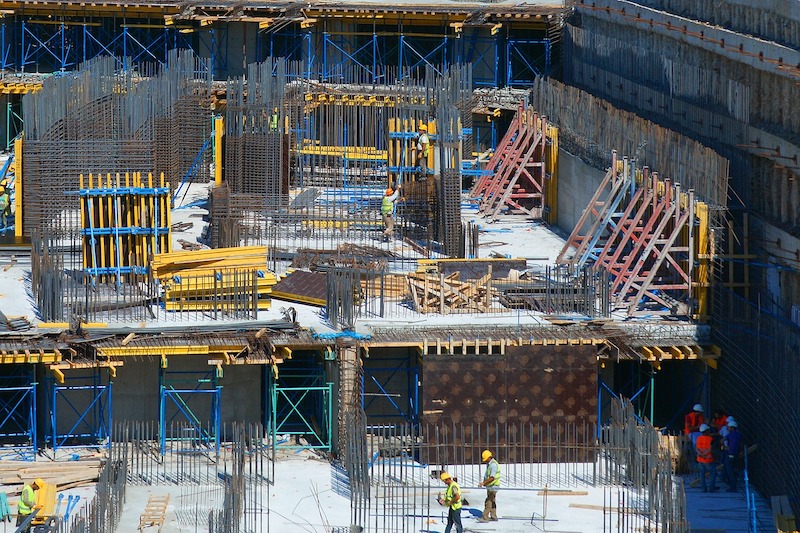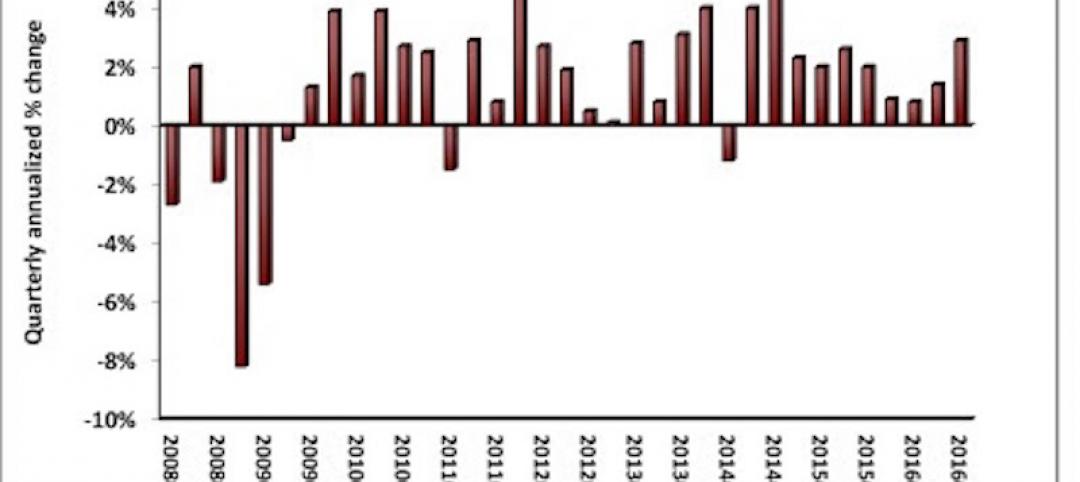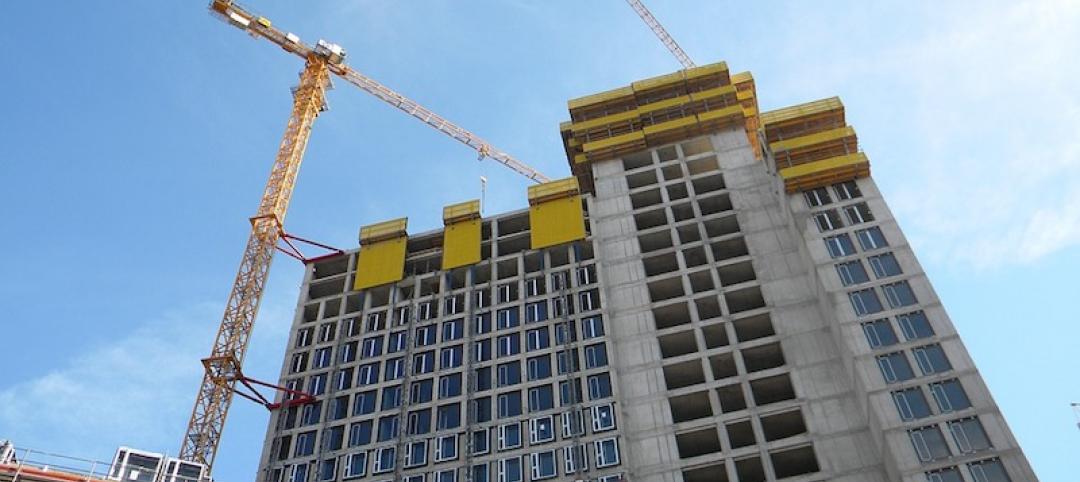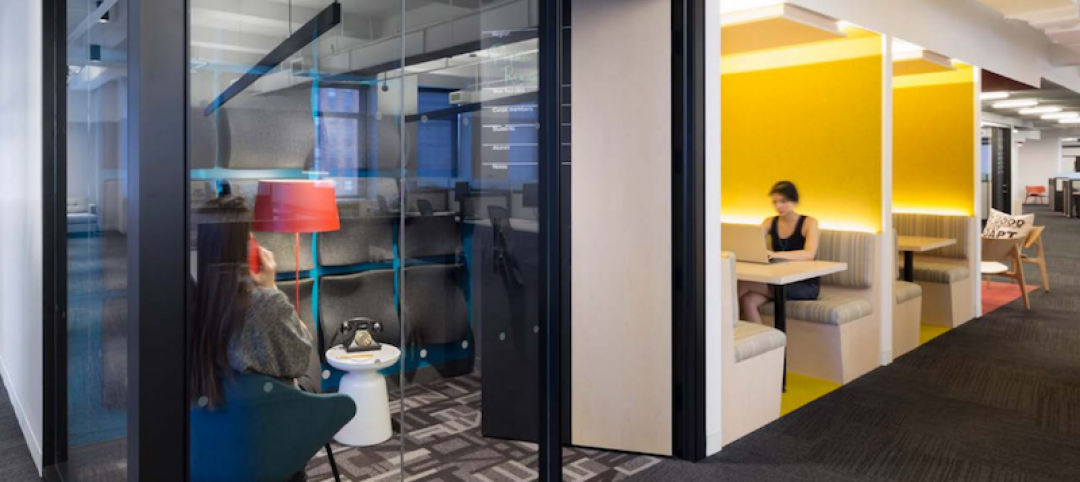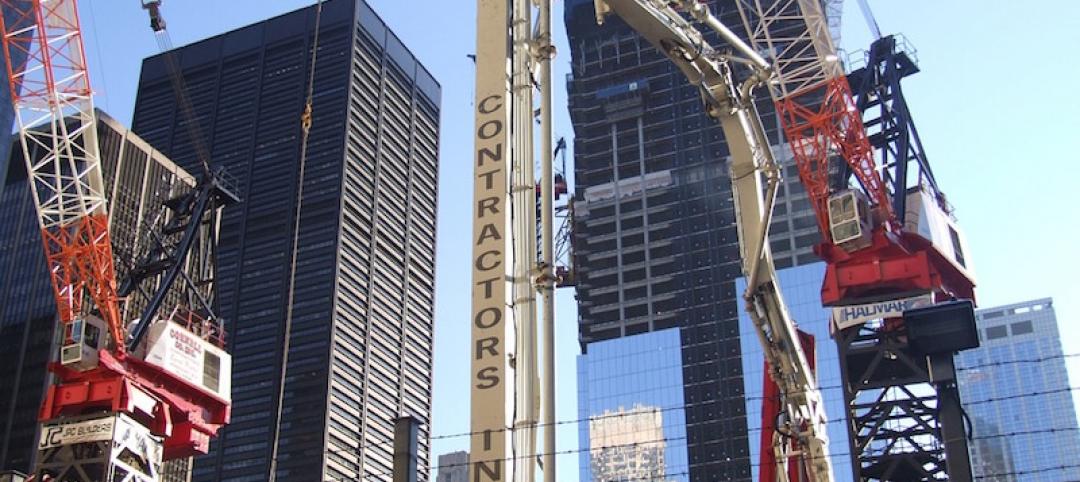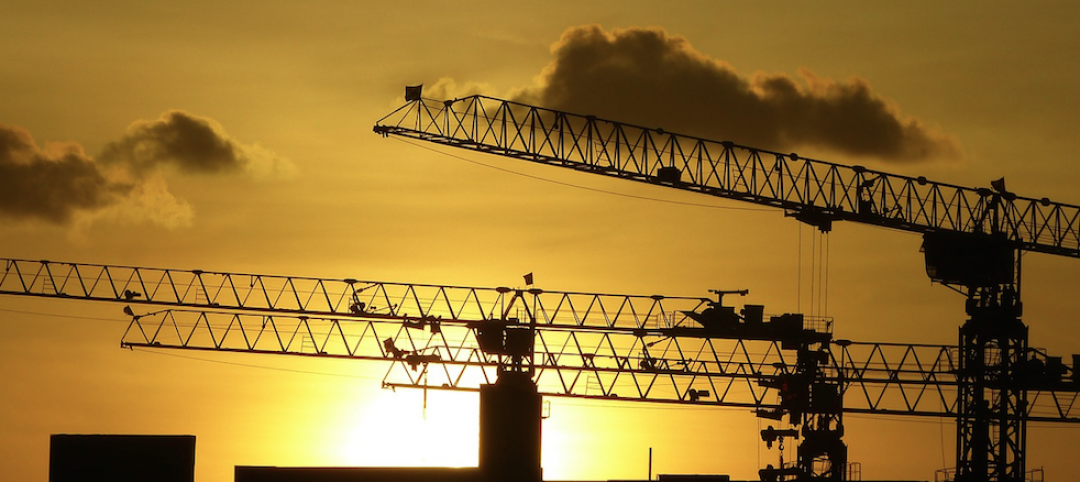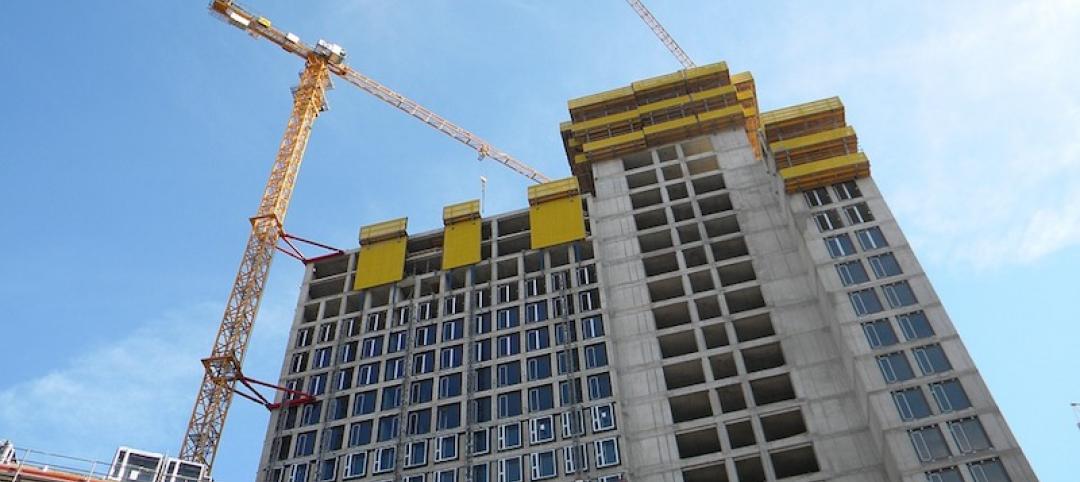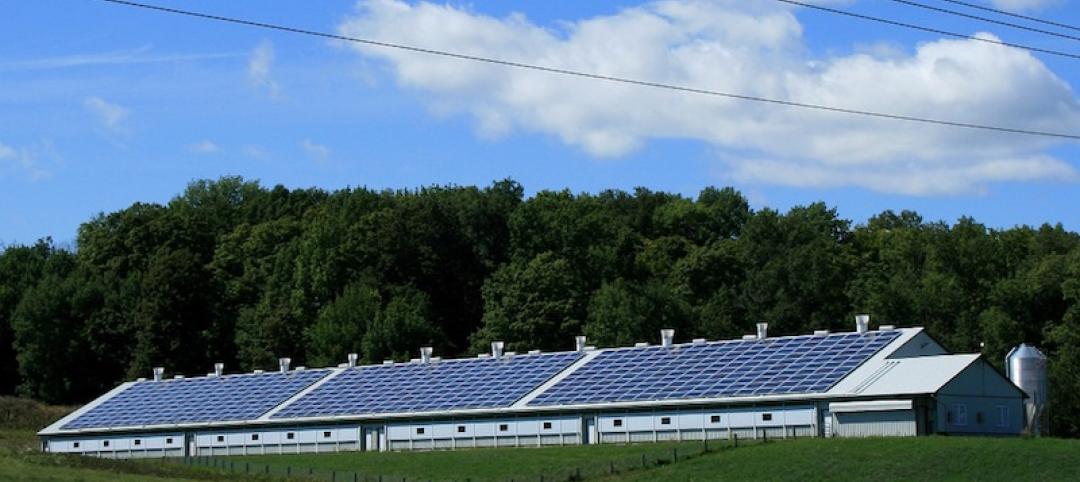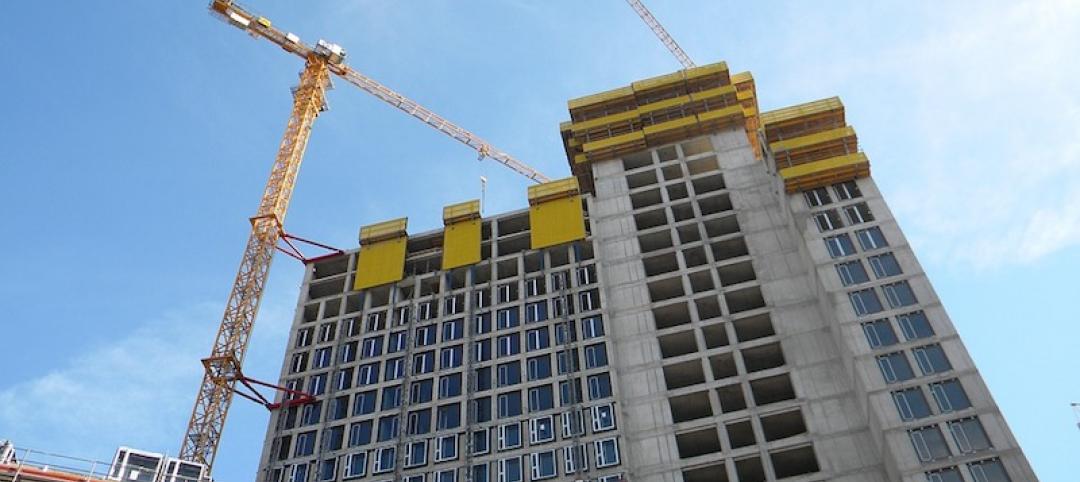Construction employment declined for the third time in the past four months in May as nonresidential contractors coped with lengthening and unpredictable delivery times that limited their ability to start or complete projects, according to an analysis by the Associated General Contractors of America of government data released today. Association officials added that many contractors report they are having a hard time finding qualified workers to hire as some people remain reluctant to return to work while their children are learning from home, or they are collecting elevated unemployment supplements.
“Steadily worsening production and delivery delays have exceeded even the record cost increases for numerous materials as the biggest headache for many nonresidential contractors,” said Ken Simonson, the association’s chief economist. “If they can’t get the materials, they can’t put employees to work.”
Seasonally adjusted construction employment in May totaled 7,423,000, a drop of 20,000 from the downwardly revised April total. Industry employment declined as well in April and February. The total in May remained 225,000 less than in February 2020, the high point before the pandemic drove construction employment down by more than a million jobs.
The gap widened in May between residential construction, which has experienced feverish demand for new and remodeled housing, and nonresidential construction, which has been declining, aside from a few niches. Residential construction firms—contractors working on new housing, additions, and remodeling—gained 1,900 employees during the month and employed 35,000 more workers (1.2%) in May than in the pre-pandemic peak month of February 2020. In contrast, the nonresidential sector—comprising nonresidential building, specialty trades, and heavy and civil engineering contractors—shed 21,800 jobs in May and employed 260,000 fewer workers or 5.6% less than in February 2020.
“Contractors are being told they must wait nearly a year to receive shipments of steel and 4-6 months for roofing materials,” Simonson noted. “These delays make it impossible to start some projects and to complete others, leaving contractors unable to keep workers employed. In addition, soaring prices for steel, lumber, and other materials are deterring owners from committing to going ahead with projects.”
Association officials urged Congress and the Biden administration to take steps to address the record materials price increases and supply chain bottlenecks. They said the President should end tariffs on key materials like lumber, steel, and aluminum. They added that Washington officials should look at ways to ease manufacturing and shipping backups. And they urged Congress to allow unemployment supplements to expire, as planned, after Labor Day.
“The decline in construction employment is likely less about a lack of demand as it is about the challenges contractors are facing in meeting that demand,” said Stephen E. Sandherr, the association’s chief executive officer. “Supply-chain problems and labor shortages are holding back what should otherwise be a much stronger recovery for the construction sector.”
Related Stories
Market Data | Oct 31, 2016
Nonresidential fixed investment expands again during solid third quarter
The acceleration in real GDP growth was driven by a combination of factors, including an upturn in exports, a smaller decrease in state and local government spending and an upturn in federal government spending, says ABC Chief Economist Anirban Basu.
Market Data | Oct 28, 2016
U.S. construction solid and stable in Q3 of 2016; Presidential election seen as influence on industry for 2017
Rider Levett Bucknall’s Third Quarter 2016 USA Construction Cost Report puts the complete spectrum of construction sectors and markets in perspective as it assesses the current state of the industry.
Industry Research | Oct 25, 2016
New HOK/CoreNet Global report explores impact of coworking on corporate real rstate
“Although coworking space makes up less than one percent of the world’s office space, it represents an important workforce trend and highlights the strong desire of today’s employees to have workplace choices, community and flexibility,” says Kay Sargent, Director of WorkPlace at HOK.
Market Data | Oct 24, 2016
New construction starts in 2017 to increase 5% to $713 billion
Dodge Outlook Report predicts moderate growth for most project types – single family housing, commercial and institutional building, and public works, while multifamily housing levels off and electric utilities/gas plants decline.
High-rise Construction | Oct 21, 2016
The world’s 100 tallest buildings: Which architects have designed the most?
Two firms stand well above the others when it comes to the number of tall buildings they have designed.
Market Data | Oct 19, 2016
Architecture Billings Index slips consecutive months for first time since 2012
“This recent backslide should act as a warning signal,” said AIA Chief Economist, Kermit Baker.
Market Data | Oct 11, 2016
Building design revenue topped $28 billion in 2015
Growing profitability at architecture firms has led to reinvestment and expansion
Market Data | Oct 4, 2016
Nonresidential spending slips in August
Public sector spending is declining faster than the private sector.
Industry Research | Oct 3, 2016
Structure Tone survey shows cost is still a major barrier to building green
Climate change, resilience and wellness are also growing concerns.
Industry Research | Sep 27, 2016
Sterling Risk Sentiment Index indicates risk exposure perception remains stable in construction industry
Nearly half (45%) of those polled say election year uncertainty has a negative effect on risk perception in the construction market.


